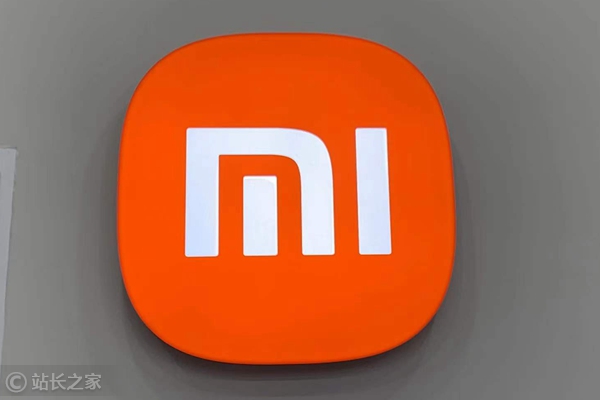Recently, Xiaomi CEO Lei Jun responded to the incident where his voice was maliciously used for AI voice packets. A large number of spoof videos were circulated on the Internet, and some people were even voice harassed by "Lei Jun AI" for seven consecutive days during the National Day. This incident attracted widespread attention and highlighted the ethical and legal issues brought about by the development of AI technology. The editor of Downcodes will provide a detailed explanation of this incident.
Xiaomi CEO Lei Jun recently responded via video for the first time to the "Lei Jun AI" dubbing spoof phenomenon circulating on the Internet. Lei Jun mentioned that with the rapid development of AI technology, his voice was made into voice packets and abused in multiple videos. Some users even reported being "scolded" by such spoof content for seven days during the National Day.

In this regard, Lei Jun said that this has brought trouble and discomfort to him. He called on everyone to stop this inappropriate behavior and emphasized that although AI technology itself is positive and practical, such abuse is inappropriate. He emphasized that in accordance with relevant laws and regulations, no organization or individual may use, disclose or infringe the voice rights of others without the consent of the voice rights holder.
At the same time, lawyers also remind the public that improper use of AI voice technology not only infringes on an individual’s right to voice, but may also cause damage to an individual’s reputation. In the case of Lei Jun's AI voice package, the widespread dissemination of some spoof videos on social media not only misled public opinion, but may also have an irreversible impact on personal reputation.
The Lei Jun incident warns us that the development of AI technology needs to take into account both ethical and legal norms. While enjoying the convenience of AI, you should also use it rationally, avoid infringing on the rights of others, and jointly maintain a healthy and orderly network environment. It is hoped that in the future there will be more complete laws and regulations to regulate the application of AI technology and protect personal rights and interests.